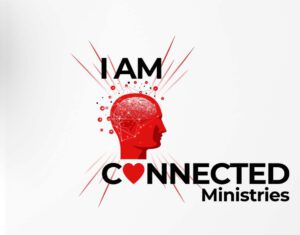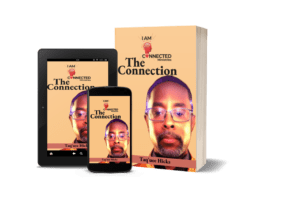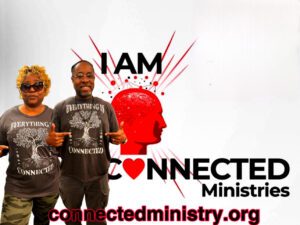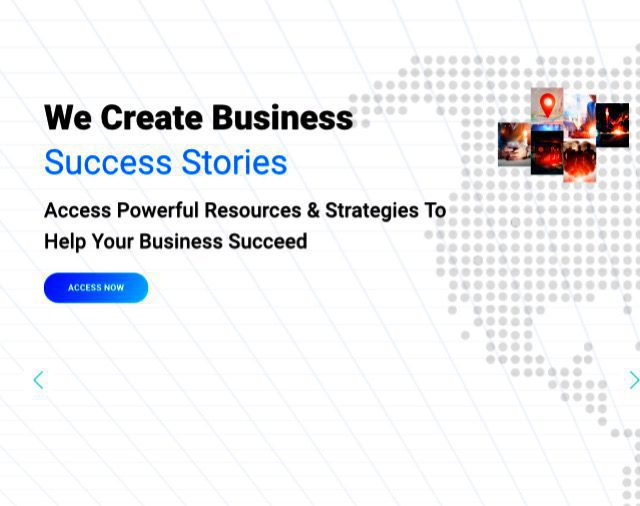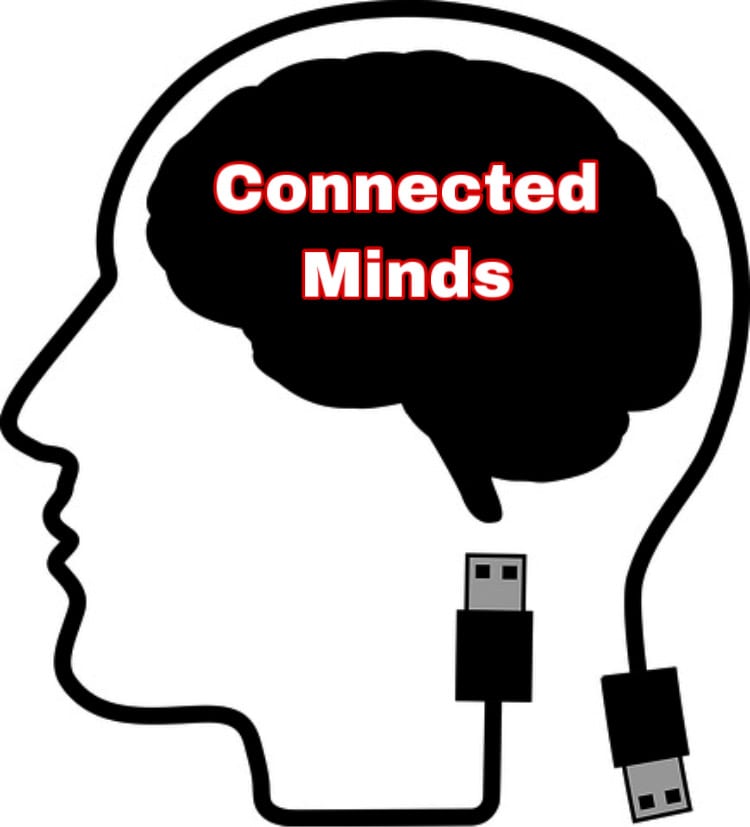
Poverty and ill health create a multifaceted barrier to cognitive engagement and intellectual growth through several interconnected mechanisms:
1. **Cognitive Bandwidth Depletion**:
– **Scarcity Mindset**: Poverty forces individuals to prioritize immediate survival (food, shelter, bills), consuming mental resources that might otherwise be used for learning, creativity, or problem-solving. This chronic stress reduces “cognitive bandwidth,” impairing focus, memory, and decision-making.
– **Chronic Stress**: Financial insecurity and health struggles trigger prolonged stress responses, releasing cortisol, which can damage brain regions like the prefrontal cortex (critical for executive function) and hippocampus (essential for memory).
2. **Physical and Mental Health Toll**:
– **Ill Health**: Chronic pain, fatigue, or illness directly hinder concentration and energy. Poor health often correlates with limited healthcare access, exacerbating conditions and creating a cycle of debilitation.
– **Mental Health**: Poverty and illness are linked to anxiety, depression, and trauma, which diminish motivation, cognitive flexibility, and the capacity for abstract thought.
3. **Educational and Developmental Barriers**:
– **Limited Access**: Poverty restricts access to quality education, books, technology, and stimulating environments. Children may miss school due to work obligations or illness, stunting cognitive and social development.
– **Malnutrition**: Poor nutrition in early life impairs brain development, affecting learning and problem-solving abilities long-term.
4. **Time and Resource Constraints**:
– **Survival Over Growth**: Those in poverty often work exhausting, multiple jobs, leaving little time or energy for intellectual pursuits. Managing health issues similarly consumes time and focus.
5. **Environmental and Social Factors**:
– **Unsafe Environments**: Living in high-stress, unsafe neighborhoods keeps the brain in a heightened state of alert (fight-or-flight), inhibiting reflective thinking.
– **Social Exclusion**: Poverty can limit exposure to diverse ideas, cultural resources, and networks that stimulate intellectual curiosity.
6. **Hierarchy of Needs**:
– **Maslow’s Framework**: When basic physiological and safety needs are unmet, higher-order thinking (e.g., creativity, critical analysis) becomes secondary. The mind prioritizes survival over exploration.
**Examples and Evidence**:
– Studies on scarcity (Mullainathan & Shafir, 2013) show poverty reduces IQ equivalent to a full night of sleep deprivation.
– Neuroscience links chronic stress to reduced prefrontal cortex activity, impairing planning and self-control.
– ACEs research highlights how childhood adversity (e.g., poverty, illness) correlates with lower educational attainment and cognitive outcomes.
In essence, poverty and ill health create a vicious cycle where immediate survival demands, health challenges, and systemic barriers suppress cognitive potential, leaving little room for the nurturing of a curious, analytical mind. Addressing these issues requires systemic solutions to alleviate stressors and provide equitable access to health, education, and economic stability.

**The Connected Ministry Association (TCMA)** is founded on the visionary framework of the **12 Jewels of Life**—a blueprint for nurturing individual and collective flourishing, creating “heaven on earth,” and elevating human consciousness through systemic harmony. Each Jewel represents a fundamental pillar of human dignity and potential. Here’s how TCMA operationalizes the process of obtaining these Jewels to build an everlasting legacy:
—
**1. The Hierarchy of Transformation**
The 12 Jewels are not sequential but interdependent, forming a holistic ecosystem. TCMA’s approach integrates them into three transformative dimensions:
– **Foundational Needs** (Jewels 7–9: Food, Clothing, Shelter):
*No mind can thrive in scarcity.* TCMA prioritizes eradicating material poverty through community-driven programs (e.g., food banks, affordable housing initiatives, sustainable agriculture). These efforts ensure basic survival needs are met, freeing individuals to pursue higher aspirations.
– **Intellectual and Moral Growth** (Jewels 1–3: Knowledge, Wisdom, Understanding):
*”Knowledge is the foundation, wisdom its application, understanding its purpose.”* TCMA fosters lifelong learning via accessible education, mentorship, and ethical frameworks. Workshops on critical thinking, conflict resolution, and spiritual inquiry cultivate wisdom. Understanding arises through dialogue bridging diverse perspectives (e.g., interfaith councils, cultural exchanges).
– **Social and Spiritual Liberation** (Jewels 4–6: Freedom, Justice, Equality & 10–12: Love, Peace, Happiness):
*Systems of oppression stifle consciousness.* TCMA advocates for structural reforms (policy lobbying, legal aid) to dismantle inequity. Simultaneously, it nurtures inner liberation through mindfulness practices, restorative justice circles, and trauma healing. Love, peace, and happiness emerge as byproducts of collective trust and belonging.
—
**2. The Process: From Individual to Collective Awakening**
**Step 1: Empowerment Through Education**
– **Knowledge**: Free literacy programs, digital skills training, and open-access libraries democratize learning.
– **Wisdom**: Mentorship networks pair elders/youth to share lived experiences and ethical decision-making.
– **Understanding**: “Truth Circles” encourage communities to analyze systemic issues (e.g., poverty, racism) and co-create solutions.
**Step 2: Justice as a Living Practice**
– **Freedom**: Legal clinics help marginalized groups reclaim autonomy (e.g., expunging criminal records, immigration support).
– **Justice**: Grassroots campaigns address inequities (e.g., fair wages, environmental racism).
– **Equality**: TCMA partners with schools and workplaces to implement bias training and inclusive policies.
**Step 3: Cultivating Sacred Communities**
– **Love**: Volunteer networks and communal rituals (shared meals, storytelling) rebuild social fabric.
– **Peace**: Conflict mediation programs and mindfulness retreats heal intergenerational trauma.
– **Happiness**: Arts initiatives (music, murals) and nature immersion projects reconnect people to joy and purpose.
—
**3. Building “Heaven on Earth”: The Everlasting Legacy**
TCMA’s work transcends charity—it is a **spiritual revolution**. By interweaving the 12 Jewels, the Association fosters:
– **Intergenerational Equity**: Sustainable practices (renewable energy, seed banks) ensure future generations inherit thriving ecosystems.
– **Conscious Leadership**: Youth councils and ethical entrepreneurship incubators train stewards of the Jewels.
– **Global Resonance**: Digital platforms connect communities worldwide to share strategies, amplifying collective impact.
—
**The Purpose of The Connected Ministry Association**
TCMA exists to **reclaim humanity’s sacred interconnectedness**. By embodying the 12 Jewels, it transforms societies from survival-driven to soul-driven, where every individual has the safety, tools, and inspiration to:
– **Think deeply** (Knowledge → Wisdom → Understanding),
– **Live freely** (Freedom → Justice → Equality),
– **Thrive wholly** (Food → Clothing → Shelter),
– **Love boundlessly** (Love → Peace → Happiness).
This is the architecture of “heaven on earth”—a legacy where human consciousness evolves beyond division into unity, creativity, and eternal renewal.
**In essence, TCMA is not building a utopia but midwifing one, Jewel by Jewel, heart by heart.** ?✨
“Just Go!” Don't Stop
follow and like us:

